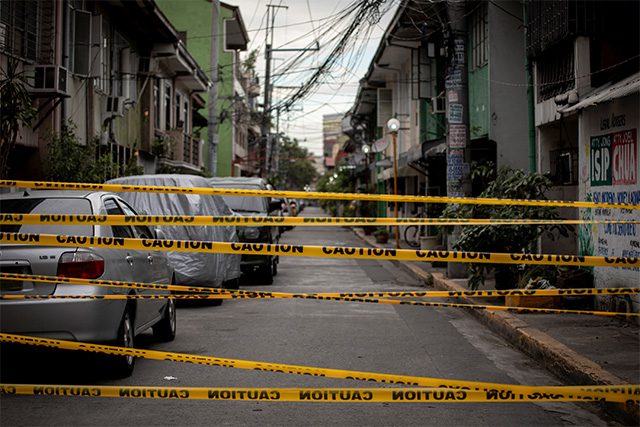
MANILA — The Philippines lowered its economic growth target for this year, reflecting the impact of a two-week lockdown of the capital region to contain the spread of the Delta coronavirus variant, a government inter-agency panel said on Wednesday.
This year’s growth target was cut to 4.0% to 5.0%, from 6.0% to 7.0% expected previously, the Development Budget Coordination Committee (DBCC) said in a statement.
Next year’s growth target was kept at 7.0% to 9.0%.
The downgrade was still a significant improvement from last year’s record contraction of 9.6%.
“Our strategy is to continue managing the risks carefully by imposing granular quarantines, while allowing a vast number of people to earn a living,” the DBCC said, referring to lockdown measures.
Central bank Governor Benjamin Diokno said “the road to full recovery remains bumpy.”
But the central bank will continue to do what is needed until there is hard evidence of full recovery, Diokno said in a statement.
Policymakers last week kept the benchmark interest rate steady at a record low of 2.0%, providing monetary support for an economic recovery.
The Southeast Asian nation, which was among the fastest growing economies in Asia before the pandemic, exited recession in the second quarter after five consecutive quarters of contraction.
But a renewed surge in COVID-19 cases, driven by the Delta variant, forced authorities to impose a two-week lockdown of the capital region from Aug. 6., undermining the economy’s expected rebound this year.
More than a year and a half into the pandemic, reported coronavirus infections in the Philippines have reached more than 1.77 million, the second-highest level in Southeast Asia, while deaths have exceeded 30,600.
The Philippines has so far fully immunized about 11% of its 110 million people against COVID-19, leaving millions still vulnerable. — Editing by Ed Davies, Martin Petty









